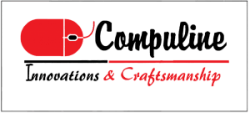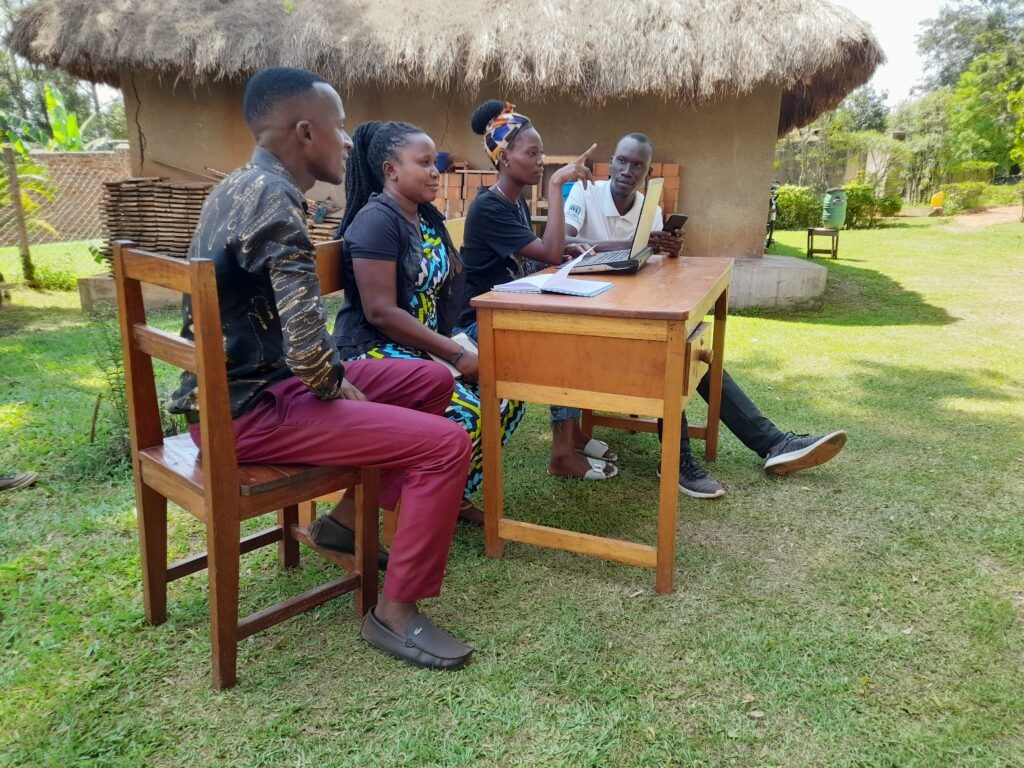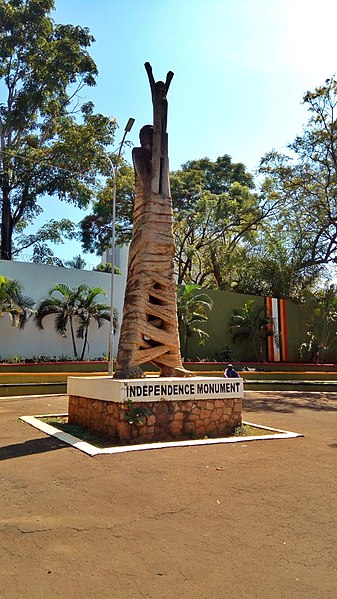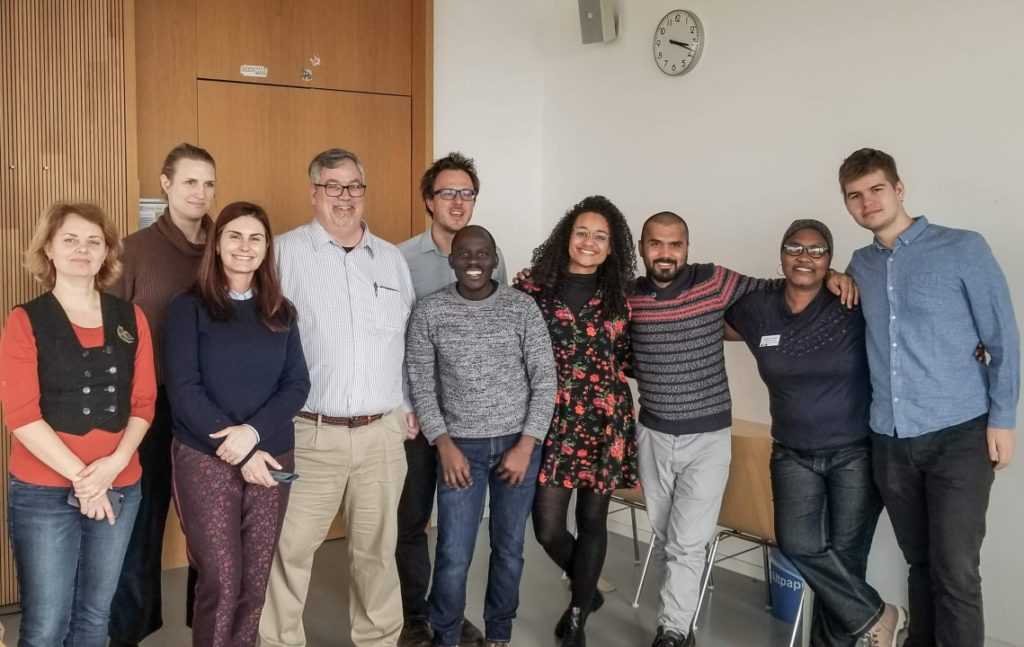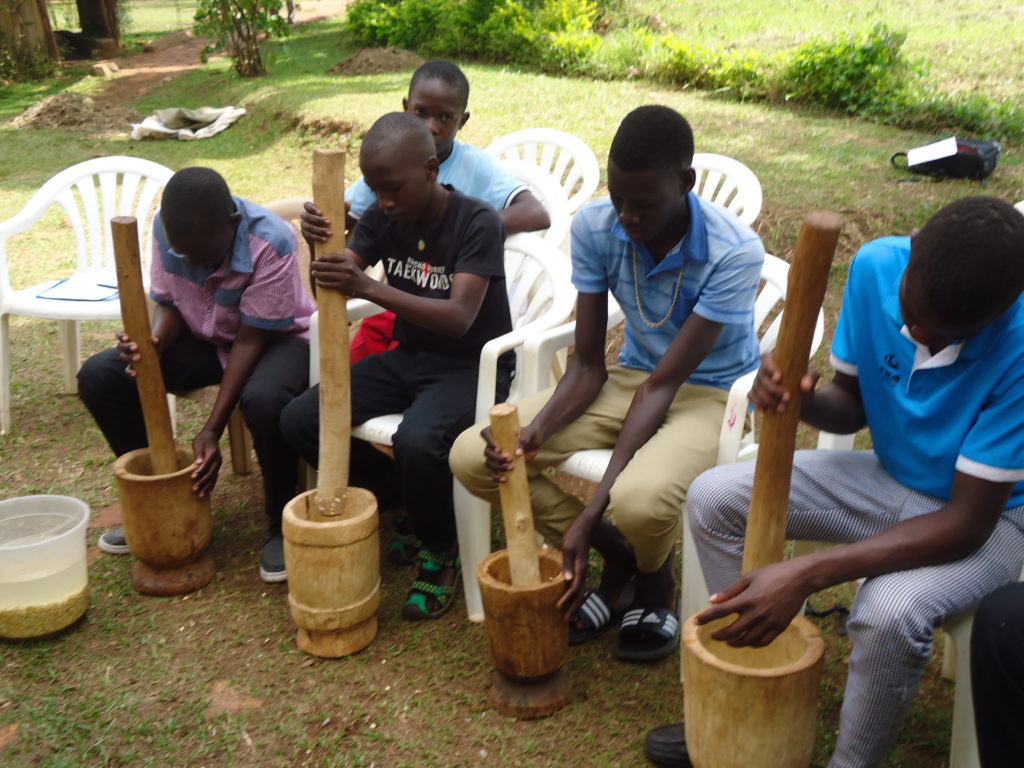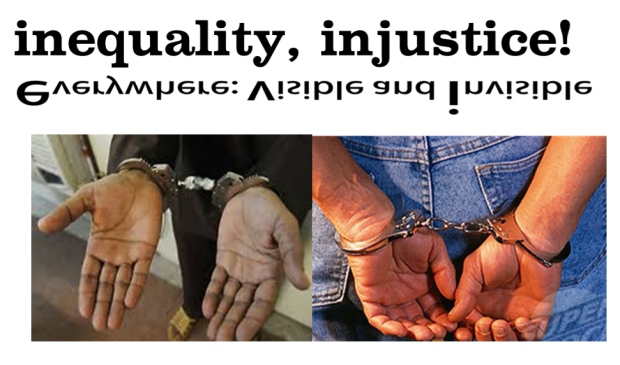Youth & societal perceptions
Conceptualizing youth as resource, social problem!
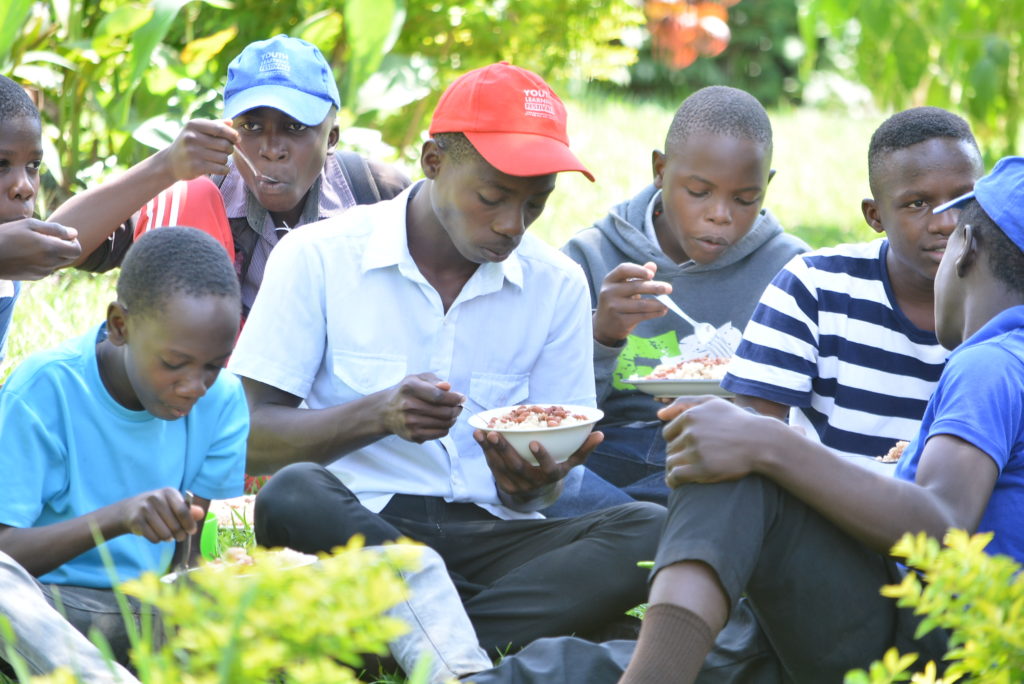
The implications of conceptualizing youth as resource or social problem can be too hard to comprehend in the daily routine of parents, teachers and other social actors as they guide and support young people. Yesterday, the 27 September 2019 at the fellowship of Rotary Groningen Oost, I had a very rewarding exchange on the same with a club of distinguished Dutch men and women. We undertook an impromptu perception check on the common understandings of youth. We also reflected on the common phenomenon of youth resistance. We debated a little about the manifestations of the perceptions in the two contexts – what society in Uganda and the Netherlands, think. The slides below guided our conversation. What do you think about this conversation?
Read More
admin
